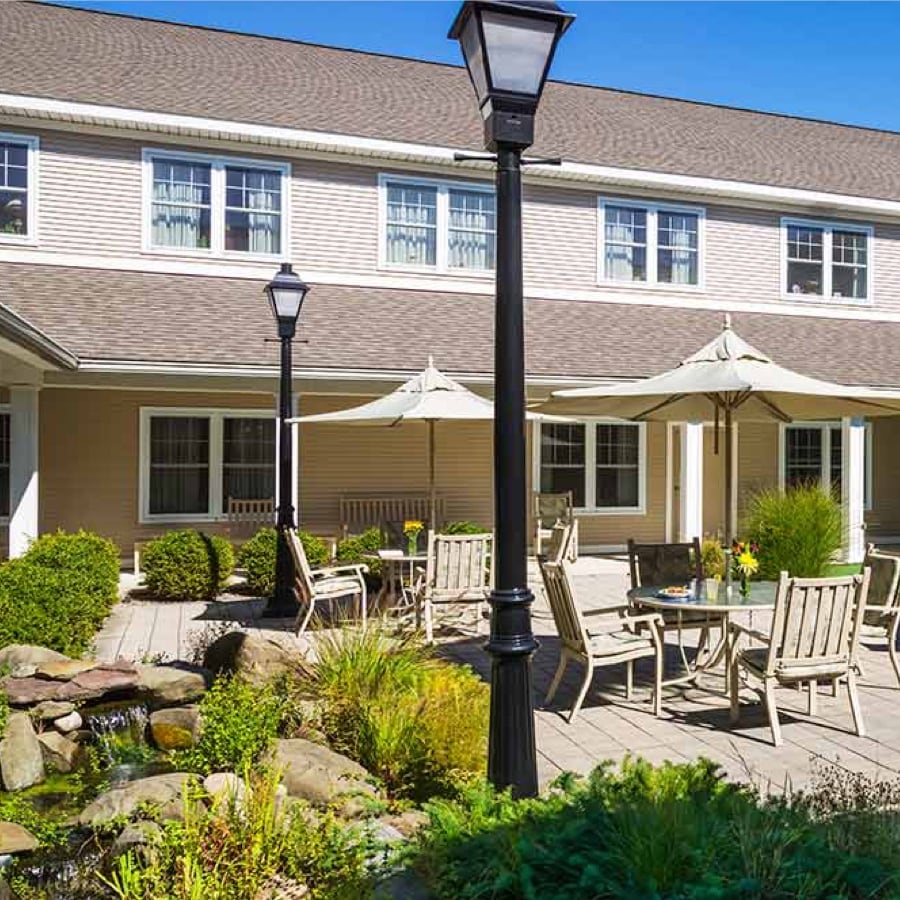Understanding and Easing Sundowner’s Syndrome
If your loved one is living with Alzheimer’s disease or another form of dementia, they may experience something called Sundowner’s Syndrome. Also often referred to as “late day confusion,” sundowning is more prevalent in mid-stage to advanced dementia.
Late in the afternoon or evening, if your loved one experiences an increase in agitation or confusion, they may be dealing with sundowning. While symptoms may seem less pronounced earlier in the day, they typically hit a peak in the early evening.
Your loved one may be experiencing sundowning if they are pacing, wandering or experiencing sleepless nights. The exact cause of behaviors associated with sundowning is unknown, making it even more difficult to cope with. There are a variety of other behaviors and symptoms that are common when someone is experiencing late day confusion.
Some of these factors that may contribute to sundowning include:
- End of day exhaustion
- Confusion between night and day
- Frustration
- Disorientation
- Less need for sleep
While there is nothing you can do to prevent the symptoms of sundowning in your loved one, there are tactics you can use to cope with the issues associated with the syndrome and make life a little more manageable.
Tips for Treating Sundowners
Sleep issues and sundowning is common in the later stages of Alzheimer’s. And while you can’t completely eliminate the symptoms associated with it, there are things you can do as a caregiver to help your loved one live more comfortably.
- Keep the home well-lit during the daytime hours
- Create an inviting and comfortable sleep environment
- Develop a schedule and help your loved one stick with it
- Avoid stimulants in the evening such as coffee, alcohol and nicotine
- Talk with your loved one’s doctor for advice on non-medication sleep aids
- Join a support group to learn other strategies for coping
New research published in Psychiatric Investigation suggests that light therapy could be a helpful tool in limiting agitation and confusion in individuals living with dementia. A full-spectrum fluorescent light used a couple of hours a day in the morning can help your loved one avoid sundowning symptoms later in the day.
If you do notice your loved one getting upset or frustrated during the evening, try your best to de-escalate the situation. Avoid arguments, use a calm and steady voice, ask if there is anything you can do, and use gentle reminders to help them reorient themselves and offer as much reassurance as you can that everything is ok. It is in your best interest and the best interest of your loved one to let them cycle through the episode and just do everything you can to be supportive and keep them safe.
Focused Memory Care at Peregrine Senior Living
As a caregiver, there may come a point in time when you need to make the difficult decision to seek a memory care community for your loved one. At Peregrine Senior Living we provide focused attention to memory care residents, while also offering a full range of support for caregivers. We go beyond basic care to help you preserve what makes your loved one unique. If it is time to consider a memory care community for your loved one, we encourage you to learn more about what our senior living communities has to offer.











